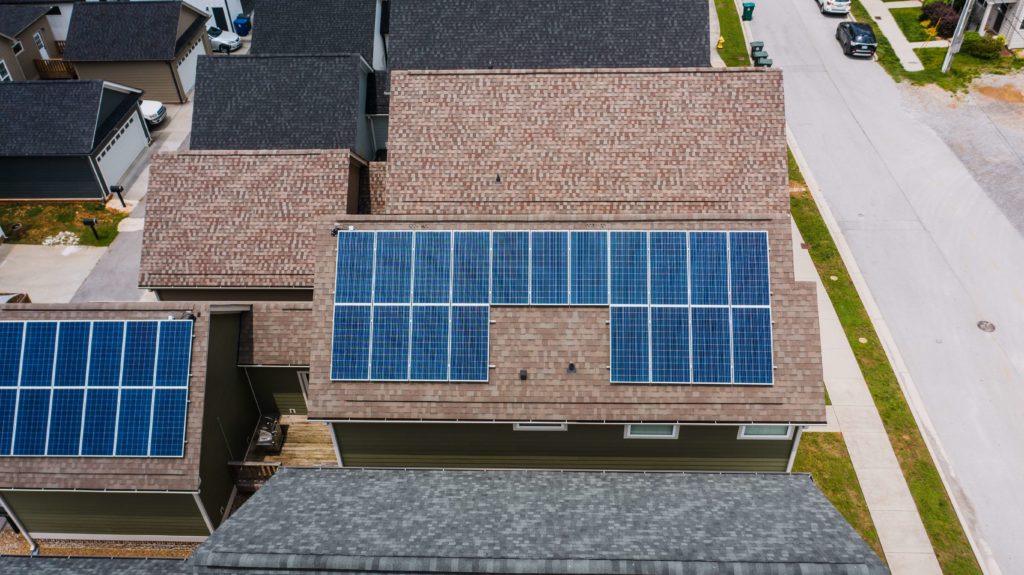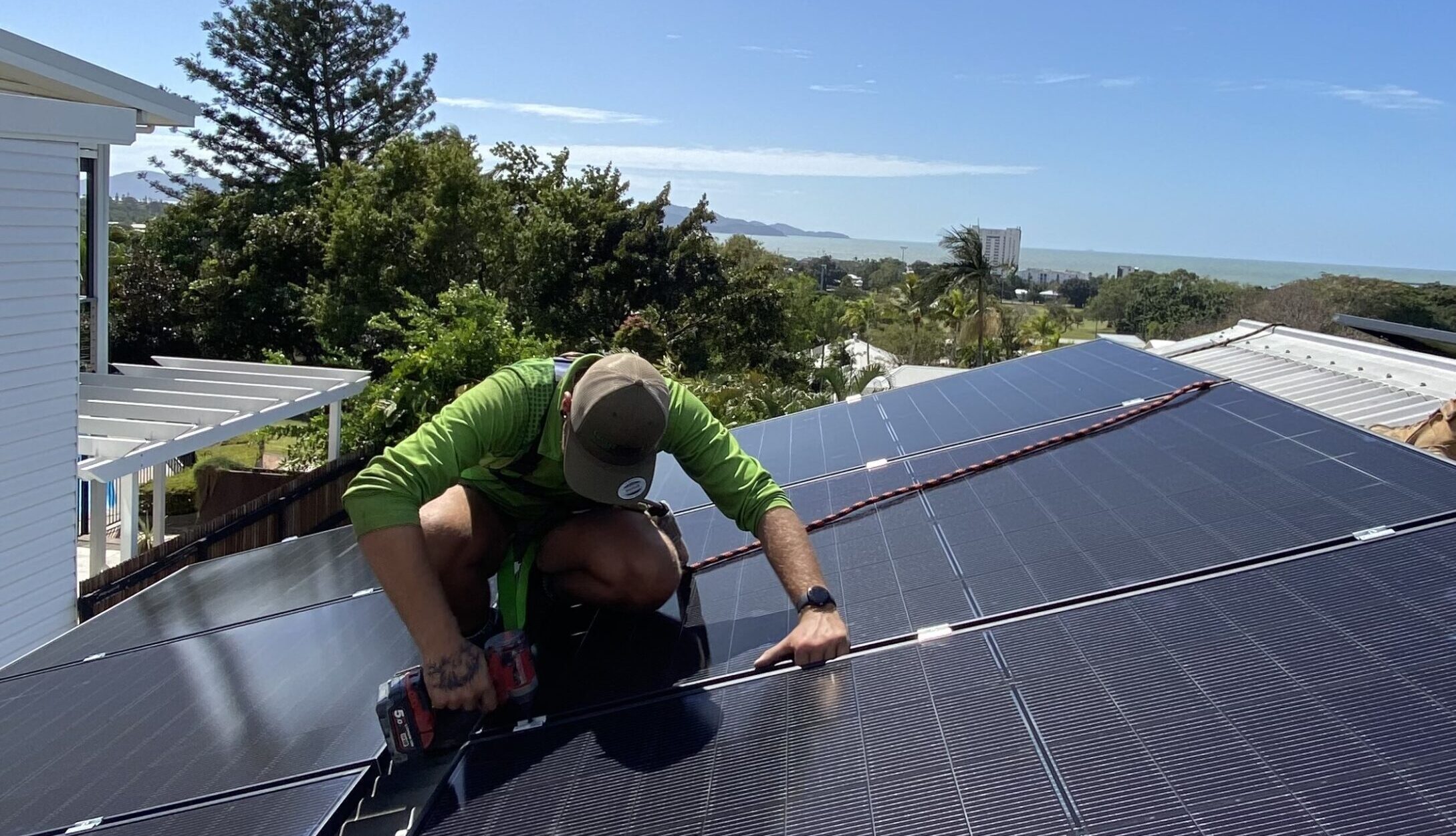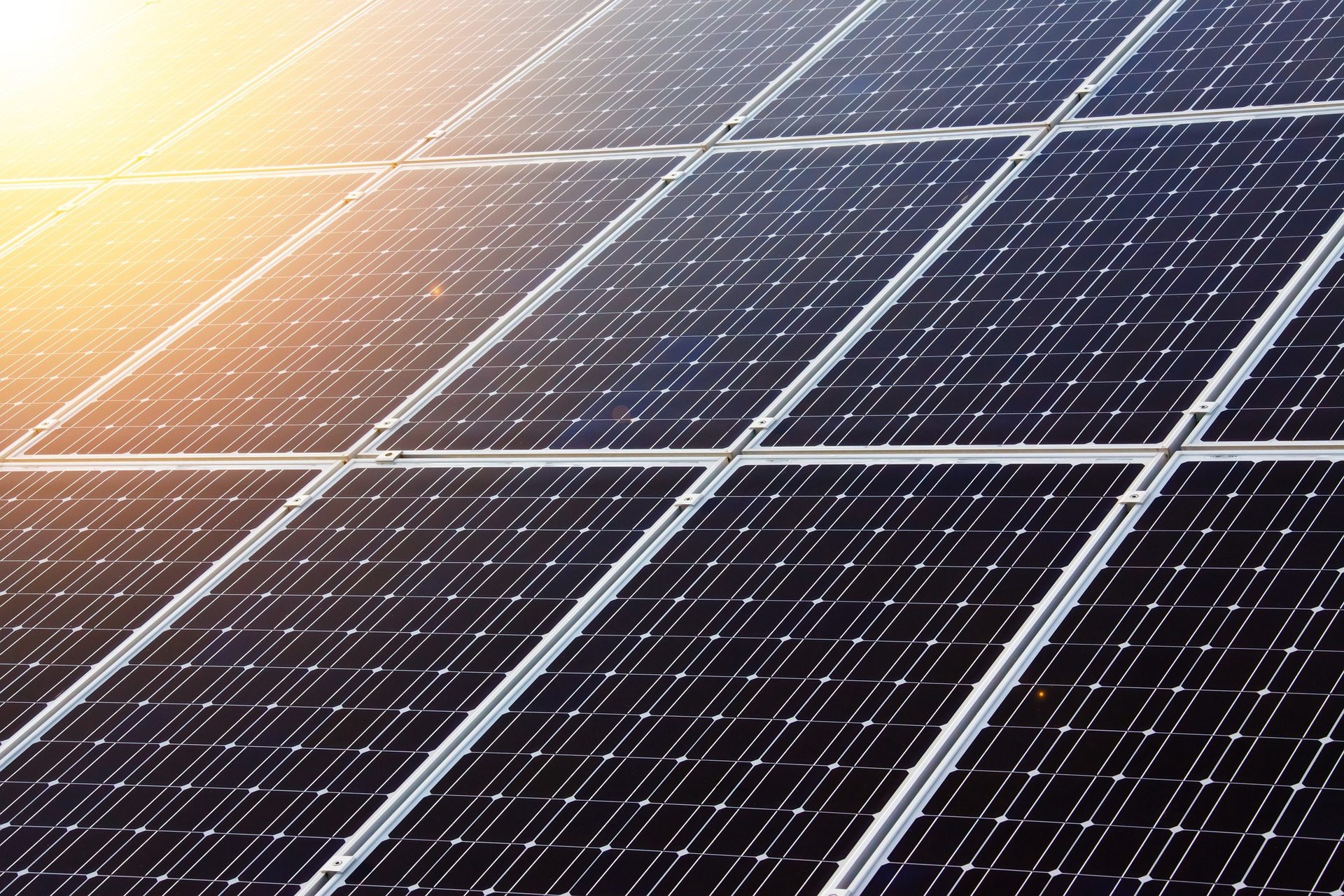Solar power, climate change and carbon emissions — words you often come across when people talk about environmental sustainability. These days, Queenslanders have become more aware of how their decisions affect the world around them and are making an effort to do better for the planet, from ditching plastic to investing in solar panels for their homes.
But have you ever wondered if the push for solar makes a difference in reducing climate change and emissions? This blog will define what climate change is, explain the benefits solar energy has on climate change and discuss the current challenges solar faces.
What is climate change?
According to the United Nations (UN), climate change refers to the shifts in temperature and weather patterns the planet experiences. Until the 1800s, these shifts were a natural phenomenon brought on by variations in the solar cycle. Nowadays, these shifts are caused by harmful human activities, such as burning fossil fuels like coal, oil and gas.
Burning fossil fuels generates what’s known as greenhouse gases, such as carbon dioxide and methane. These gases trap the sun’s heat and raise the planet’s temperature. You might commonly know this as ‘global warming’.
These fossil fuels are used for various purposes, from petrol being used to power a car to major plants burning coal or oil to generate the electricity we use in our homes. So, how does solar power help climate change?
The four benefits of solar energy for climate change and the environment
From a low power bill to reducing dependency on energy providers, we all know solar power’s benefits for the average Queensland household. However, regularly generating clean, renewable electricity also has a ripple effect toward repairing the damage caused by unethical habits, including:
- Slows down climate change — As we know, traditional electricity sources, like fossil fuels, contribute to global warming. Solar power, generated by solar panels, emits zero greenhouse gases into the atmosphere. If used by millions of people worldwide, solar power can drastically reduce the effect of climate change.
- Reduces air pollution — Electricity produced by fossil fuels emits harmful gases, like carbon dioxide and methane and impacts air quality. Breathing polluted air is not only uncomfortable, but it can also lead to major health complications. Some studies have shown that air pollution can be linked to asthma, allergies, heart attacks and cancer.
- Uses less water — Fossil fuels require significant water to produce electricity. It’s used to cool generators and refine the fuel to be transported through pipes. Solar photovoltaic cells require no water to generate electricity.
- Replenishable — Unlike solar power, fossil fuels cannot be replenished once fossil fuels are used. Renewable energy sources, such as solar, hydropower and wind energy, can be constantly regenerated, making them an unlimited energy source.
Where does Australia stand on solar power and climate change?
The Lowy Institute found that 60% of Australians believe ‘global warming is a serious and pressing problem’, which ‘we should begin taking steps now even if this involves significant costs’.
So while Australia may have ways to go regarding its implementation of solar power, fortunately, we still boast some impressive results. According to a 2022 report by the Analysis and Policy Observatory (APO), the renewable energy industry accounted for 32.5% of the country’s total electricity generation in 2021.
Queensland is also leading the way in terms of solar uptake, with the Queensland Government revealing that over 722,000 Queensland homes now have solar.
Various banks and financial institutions have also expressed interest in green energy by offering ‘green loans’ to help Australians switch to renewable energy.
Does solar power contribute to climate change?
Solar photovoltaic cells are one of the cleanest ways the world can access electricity. However, producing these materials has been linked to negative human activities, such as toxic waste, unethical mining practices and habitat loss.
And over the years, many experts have recorded a silent battle between climate change and solar power. According to a paper by the European Geosciences Union, while solar power has begun making a difference in reducing greenhouse gases, present climate change issues continue to make it increasingly difficult.
When the climate changes drastically, such as cloudy days, extremely high temperatures and wind, solar PV generation decreases. This impact has already been noted in southern Europe, where severe weather conditions were unfavourable for renewable energy generation.
What can be done to help?
Many experts argue that a sustainable energy transition is required to meet our renewable energy goals and work against climate change. It’s crucial to understand how solar PV panels respond to drastic changes in the climate to develop advanced technology that can withstand this.
Take a stand against climate change with Green Energy Technologies
Climate change, solar power benefits and green energy are just some of the areas Green Energy Technologies want to help our clients understand better. We are a leading solar energy company in Queensland that installs solar panels for homes and businesses across the Whitsundays, Townsvilleand Mackay areas. Call us today at 07 4940 2900 to discuss your options, or head online for a non-obligation quote.






